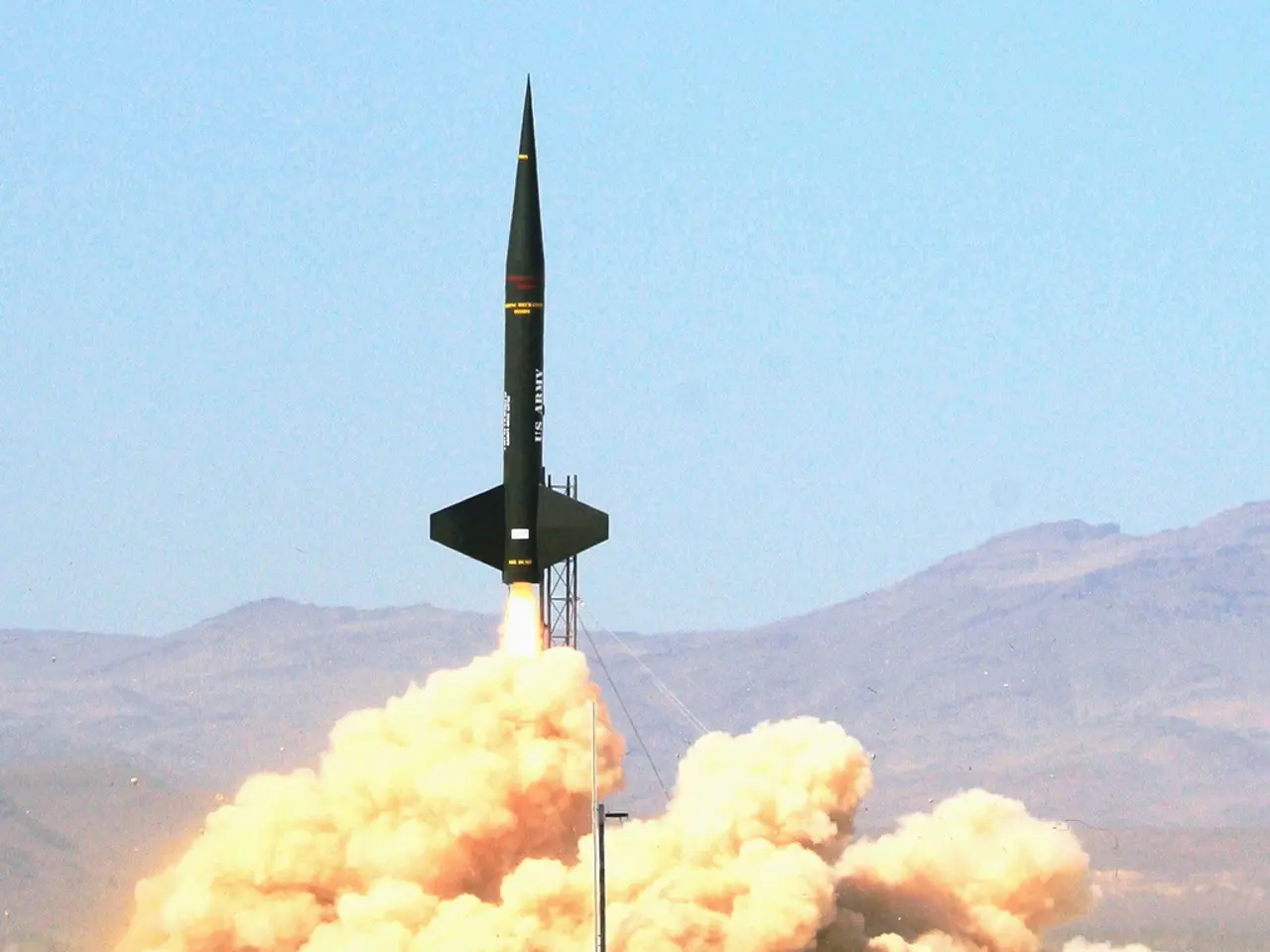States Urged to Share Cyber Threat Info as Space Becomes Target
States are urged to inform citizens and commercial spacecraft operators about cyber threats, as highlighted by recent events and international legal principles. Key organizations like the United Nations Committee on the Peaceful Uses of Outer Space (UNCOPUOS) and European entities are expected to play a role in these efforts.
The U.S. Space Force's Commercial Augmentation Space Reserve (CASR) program blurs the lines between civilian and military populations in space, with companies involved gaining access to high-quality threat information. This is crucial, as seen in the 2022 Russian invasion of Ukraine, where commercial satellite infrastructure was targeted by hackers.
Licensing space operators could provide them with additional protection against cyber threats, potentially stabilizing markets by addressing investor concerns. The U.S. military and other nations' armed forces, increasingly reliant on commercial satellites, also face this threat, making them potential military targets.
States must proactively share credible threat intelligence and take steps to prevent harm, as outlined in international legal principles and U.S. National Space Policy. Organizations like UNCOPUOS, the European Space Agency, and the European Union can facilitate these efforts, ensuring the safety and security of all actors in space.








